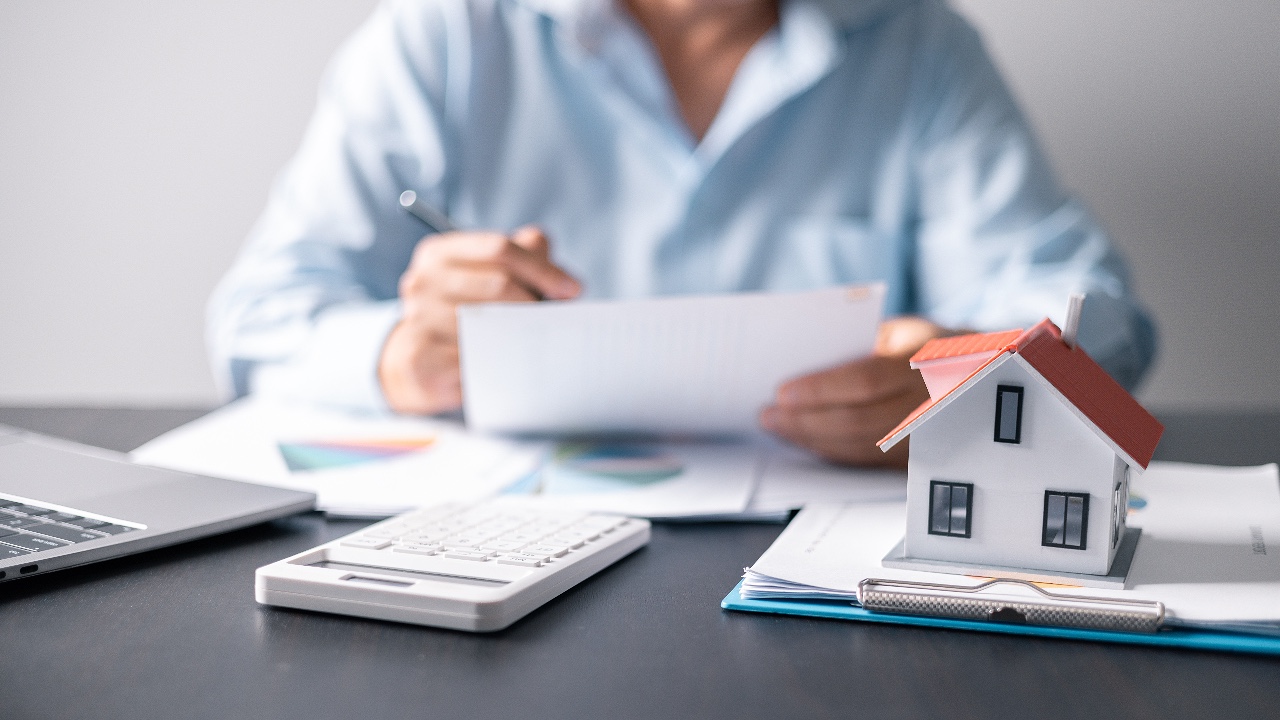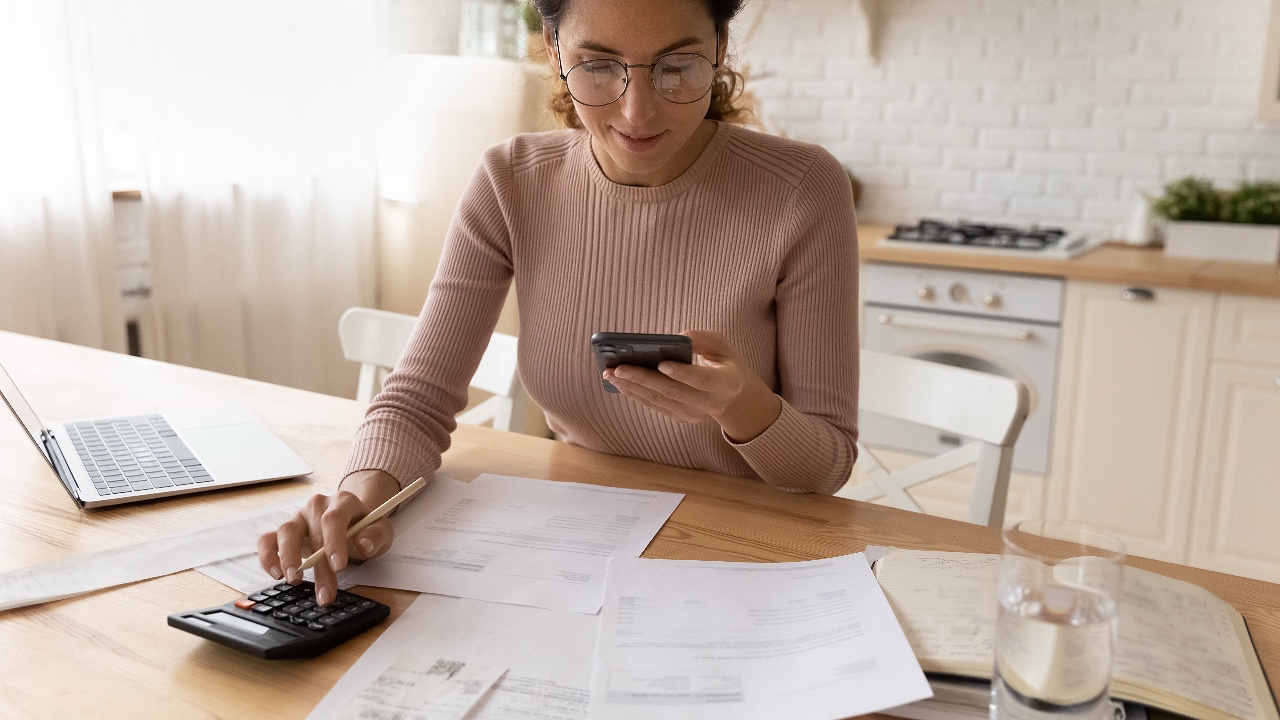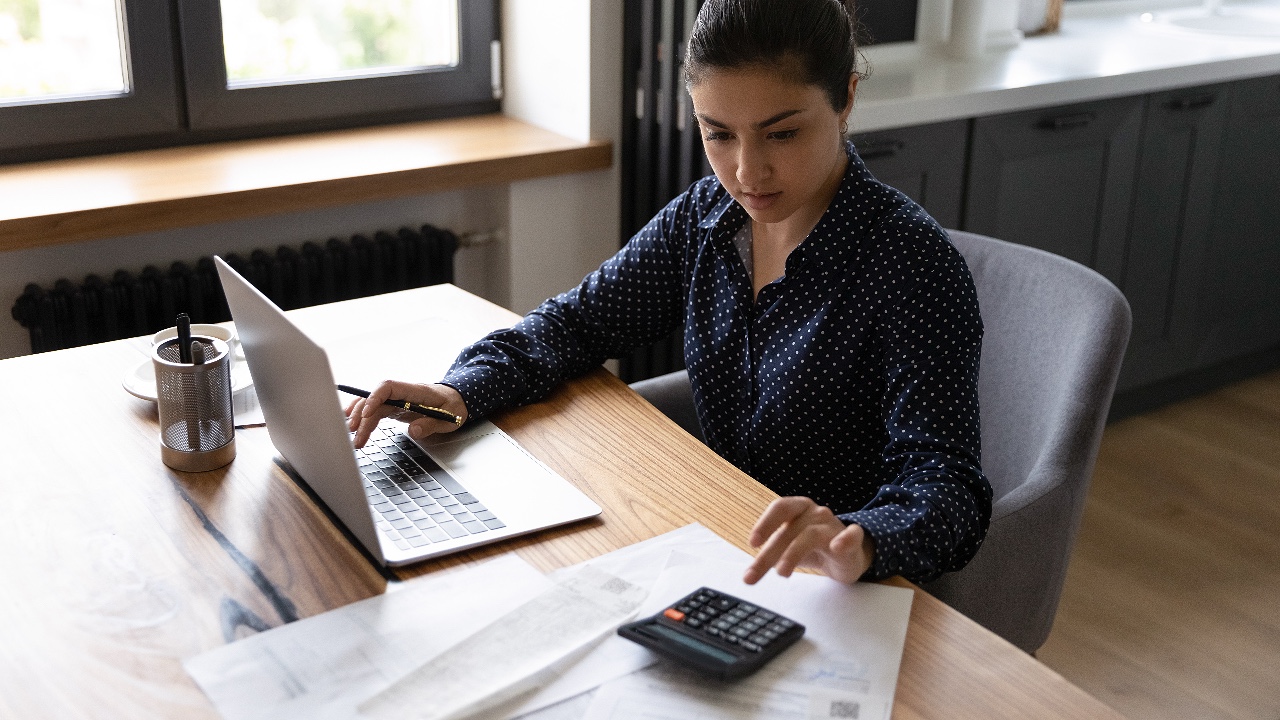8 Clever Strategies to Pay off Your Mortgage Early

Most people, when they take out a mortgage, choose a 30-year loan term. That can seem like an eternity to pay off, but did you know you can make strides to pay it off early?
There are a lot of perks to paying off your home early. For one, extra payments go toward the principal, so you’re paying less interest. It also knocks time off your loan, which means more opportunities to save or contribute to your retirement fund.
We’ve compiled a list of strategies you can employ to pay off your mortgage and do away with yet another monthly expense.
1. Refinance It

Some people, when they think refinance, they think for longer terms, such as with a car to reduce payment amounts. With a mortgage, you should refinance for both a lower rate and a shorter term.
When you refinance, you’re likely to get a slightly higher payment but if you can afford it, it’s a great way to lessen your interest and pay off the loan sooner.
2. Increase Your Monthly Payments

Increasing your monthly payments is a great way to knock some time off your mortgage. If you’re locked in a 30-year loan, just paying a few more dollars a month will lead to paying it off earlier.
That extra money goes straight toward the principal, which can also reduce the amount of total interest you pay.
3. Make Bi-weekly Payments

This is a bit different than increasing your monthly payments. It requires splitting your monthly mortgage in half and sending each half in every two weeks.
Doing this will add up to an extra month’s payment each year. And the good part? That extra payment goes to your principal and will help pay off the loan faster.
4. Make Extra Mortgage Payments

If you have the financial wiggle room to make extra mortgage payments, it can definitely help you pay off the loan sooner.
And, here’s the thing. You don’t have to make these payments consistently. If you make one extra payment a year, for example, you will cut down the loan term and the interest you pay.
5. Recast Your Loan

One strategy that many people may not have heard of is recasting a mortgage. You cannot do this often, but it’s a great way to have your loan re-amortized.
If you have a lump sum payment you can put it toward your loan and ask the lender to recast—or recalculate—your remaining payments based on the remaining balance after that sum is applied.
6. Round up Your Mortgage Payments

If you have an uneven mortgage payment, you can round it up to the nearest $50 or $100 to reduce the amount of time you have to pay.
For example, if your mortgage is $825, you might pay $850 or $900 monthly instead. It doesn’t seem like a lot, but it will add up over time.
7. Put Any Unexpected Income Toward Mortgage

Are you the beneficiary of a windfall? Put that amount toward your mortgage. You can knock down the balance quicker and the money will go to good use.
If you do this, however, and you still have a balance remaining, definitely ask the lender to recast, as we previously mentioned.
8. Reconfigure Your Budget

While some people may have iron-tight budgets, many can find a little bit of wiggle room allowing them to pay more toward their principal.
Look at any unnecessary expenses in your budget—you can probably find at least one—and see what you can cut out, then put that amount toward your mortgage instead.
Should You Pay Off Your Mortgage Early?

Only you can make this decision, but there are other considerations to keep in mind. For example, if your loan has a prepayment penalty, it’s best to wait until that stipulation passes. Typically, it’s a short period of time when the penalty will apply, but check your loan paperwork.
It’s also not recommended to pay off your mortgage early if you don’t already have a good emergency fund set aside. The same goes for using your retirement. Don’t take it out to pay off your home.





